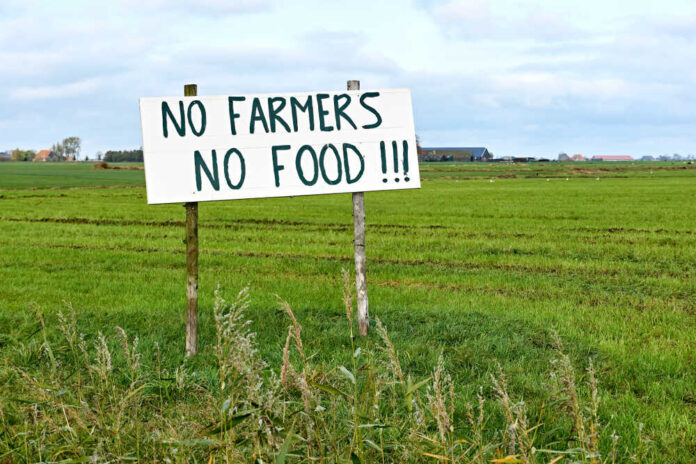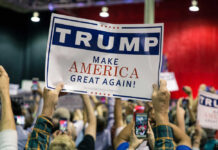
(DCWatchdog.com) – Mirroring the tactics of their Dutch counterparts, German farmers have launched significant protests across the country, challenging the policies of Chancellor Olaf Scholz’s government.
These protests, sparked by what they perceive as globalist-driven decisions, are a reaction to proposed fiscal measures that farmers argue could gravely impact the agriculture sector.
The farmers are specifically protesting against plans to increase diesel fuel taxes and remove car tax exemptions for farmers, alongside substantial cuts in farming subsidies. This move by the government aims to address a significant budget shortfall of 17 billion euros for 2024. Notably, the government’s financial strategy does not include reducing aid to Ukraine, which is anticipated to double this year.
In response to the planned week-long farmer protests, the government indicated a willingness to reconsider some of the subsidy cuts and restructure the tax increases over a three-year period. However, the German Farmers’ Association (DBV) has expressed that such concessions are insufficient to avert the looming economic crisis for many farmers.
The protests have had a tangible impact, with tractors blocking major transport routes, including motorways, bridges, and tunnels across various German states. This has led to significant disruptions, including the closure of access to cities like Brandenburg an der Havel and Cottbus, and even impacting industrial operations such as halting production at a Volkswagen factory in Emden.
Joachim Rukwied, President of the German Farmer’s Association, has criticized the government’s approach, stating that the combined effect of rising energy costs, subsidy reductions, and tax hikes could lead to a drastic reduction in farmers’ incomes. Rukwied has also challenged the government’s financial justification for these measures, suggesting that the issue lies more with government spending than income.
The protests have elicited varied political reactions. While the Green Party Vice Chancellor Robert Habeck and a government spokesman have expressed criticisms and concerns, including about potential exploitation of the protests by far-right elements, other political figures have shown support. Alexander Dobrindt of the Christian Social Union and the populist Alternative for Germany party have backed the protests, framing them as a legitimate response to the failures of the current left-wing government.
These farmer protests in Germany are part of a broader trend seen in Europe, particularly following the large-scale farmer protests in the Netherlands against environmental policies perceived as harmful to the agricultural sector. The success of these protests in influencing Dutch politics is notable, with the Farmer-Citizen Movement gaining significant political traction.
















